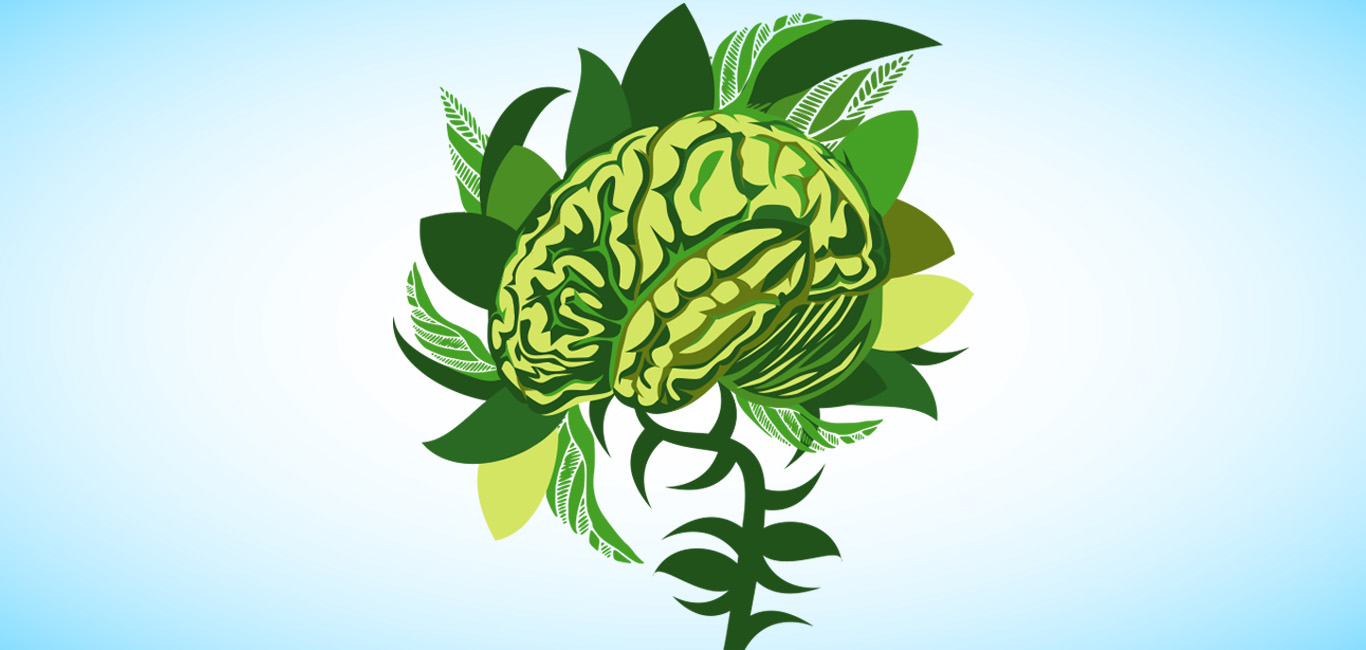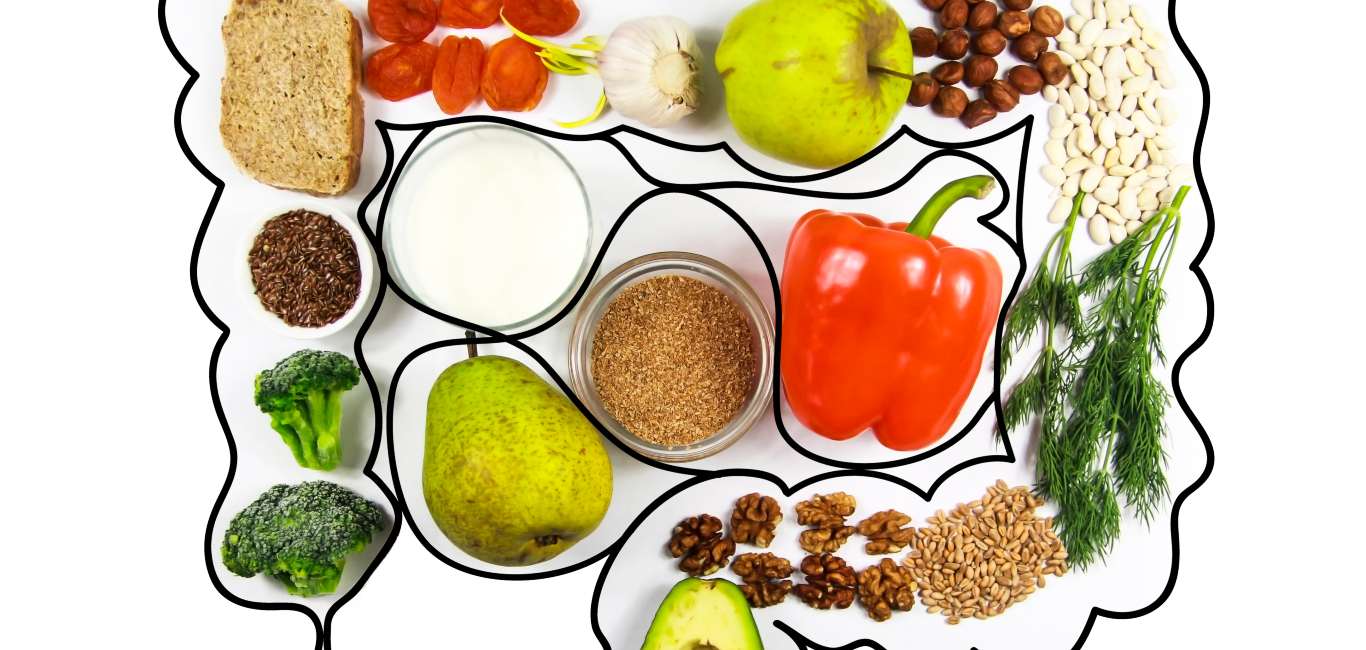
For long Ayurvedic practitioners have been stressing a concept, Sadvritta (a Sanskrit word denoting the behaviour or habits of a person), and how it has a direct bearing on one’s state of mind.
“These are a set of behavioural codes and are included in the daily regime subject (dinacharya),” says Dr Chaithra SM, clinical assistant in psychiatry. The code clearly states that one needs to maintain a certain etiquette with respect to his/ her behaviour or actions to live a healthy and meaningful life.
The mind is composed of three distinct characteristics namely, sattva, rajas and tamas.
- Sattva (the composed state) contributes to a healthy state of mind. It can be achieved by practicing etiquette in everything a person does in a day
- Rajas (aggressive or agitated state) and tamas (depressed or lazy state) are both indicators of an imbalanced state of mind. When someone is in a deep state of anger, it indicates that their rajas guna or the aggressive state has gone up. Similarly, when someone is deeply depressed or lazy, it indicates that his tamas guna (an indicator of laziness) has gone up.
The chief focus here is to foster the sattva guna (mental composure) and keep the other two qualities of mind (rajas– arrogance and tamas– laziness) under control, adds Dr Chaithra.
Read about how Ayurveda evaluates mental well-being.
Categories of codes
The codes are broadly categorised into – personal hygiene, ethical, social, mental and moral.
Etiquette for personal hygiene
Personal hygiene is the practice of maintaining the cleanliness of the body to prevent the occurrence of communicable health conditions.
This includes
- Taking bath regularly
- Proper dental care (brushing the teeth, cleaning the tongue and gargling)
- Keeping the orifices (mouth, eyes, ears, nostrils, anus) clean
- Washing hands before eating anything
- Wearing clean clothes and dressing up neatly (suitable for the seasons/ weather)
- Keeping the bedding, toilets and surroundings clean
Personal hygiene plays a key role in maintaining personal as well as social health by preventing the spread of infections and contamination. Maintaining personal hygiene also reduces the chances of bad body odour and prevents awkwardness at the workplace or in public.
Eating etiquette/code of conduct for eating food
- Making conscious choices of food (keeping in mind the body’s requirements and health conditions if any)
- Eating in a place without external stressors like noise and pollution
- Being mindful while eating (enjoying the taste, flavour and consistency of the food)
- Eating in the company of friends or family
- Not such as thirst, hiccups and sneezing while eating
- Eating only when hungry
Ayurveda believes that the eating habits and food choices that a person makes have an important role to play in maintaining gut health and overall health. Conversely, health conditions are a result of bad food choices and wrong eating habits.
Mental etiquette
- Keeping the sense organs under control (not being greedy)
- Maintaining work-life balance (not postponing work)
- Sleeping well
- Not sleeping during the day, and not staying awake during the night (disturbing the circadian rhythm)
- Exercising regularly and not exercising beyond one’s limit
- Not getting overexcited after achieving something, and not getting depressed about a loss
- Not acting quickly/ avoiding being impulsive before reacting to anything
- Keeping control of emotions, be it happiness, grief or anger
An excess of anything can cause damage or an imbalance in the three qualities of the mind and cause a health condition. Some health conditions are termed as idiopathic as they do not have an identifiable cause and while some others are psychosomatic (where both mind and body are involved).
Ayurveda says that maintaining mental hygiene prevents the occurrence of psychological and psychosomatic health conditions.
Ethical and moral etiquette
- Be truthful / always speak the truth
- Avoid unnecessary, irrelevant conversations that can harm others
- Do not be envious of the progress of others
- There are 10 deeds (dasha vidha papa karma) that are absolute contraindications namely – violence, theft, unlawful sexual activity, abusive or hateful speech, being untruthful, quarreling, speech that causes harm to others, being jealous and being faithless.
Social etiquette
It is all about bringing in discipline in terms of social conduct. It includes
- Being compassionate with others
- Being truthful
- Helping the poor and needy
- Being in the company of positive people
- Interacting with scholars, achievers
- Covering the mouth/ nose while sneezing
- Maintaining silence when required
- Not using harsh words or deeds
- Not picking nose, ears or teeth in public
Importance of these in present day
In our fast-paced life we are exposed to inexplicable stressors that harm our lifestyle (dietary habits, fitness, and sleep). These stressors make us susceptible to various health conditions.
Hence, indulging in activities and food habits that add to the health of our mind and body is the need of the hour. This is where the code of conduct comes into the picture. Incorporating small changes in our daily life can bring a huge difference in our state of mind. Experts believe that these codes are not just preventive, but also therapeutic.
“Inculcating these codes will take a person a long way in terms of improving their quality of life,” says Dr Prasan Shankar, Medical Director at Bengaluru’s I-AIM Healthcare Center.
These etiquettes are used as tools in behavioural therapy to manage psychological and psychosomatic health conditions.
When Ayurveda speaks of conduct (pravritti in Sanskrit), it always focuses on three things – the body (kaya), speech (vak) and mind (manas), says Dr Prasan Shankar, Medical Director at Bengaluru’s I-AIM Healthcare Center. He adds that individuals are defined by the way they conduct themselves with others.
One of the etiquettes says that one should always speak the truth. It sounds simple, but interestingly research has proven that lying can change the brain’s physiology in a short period, reduce sleep, create a sense of insecurity, lower one’s self-esteem and lead to the development of mental ailments.
Dr Chaithra and Dr Shankar highlight the fact that this etiquette if introduced judiciously in the early stages of life will have a good impact on one’s personality and state of mind.

















